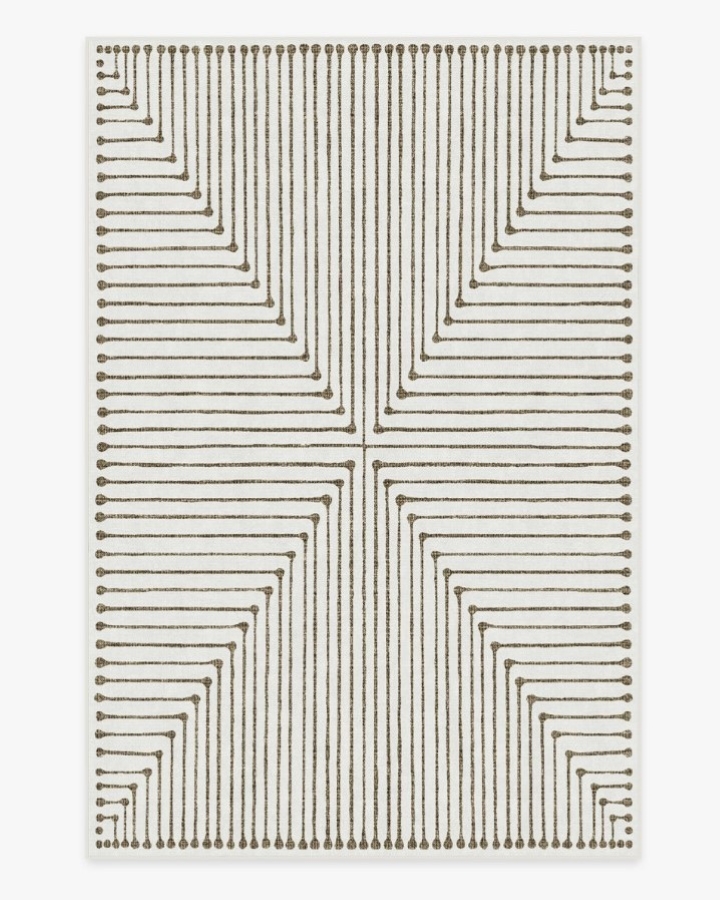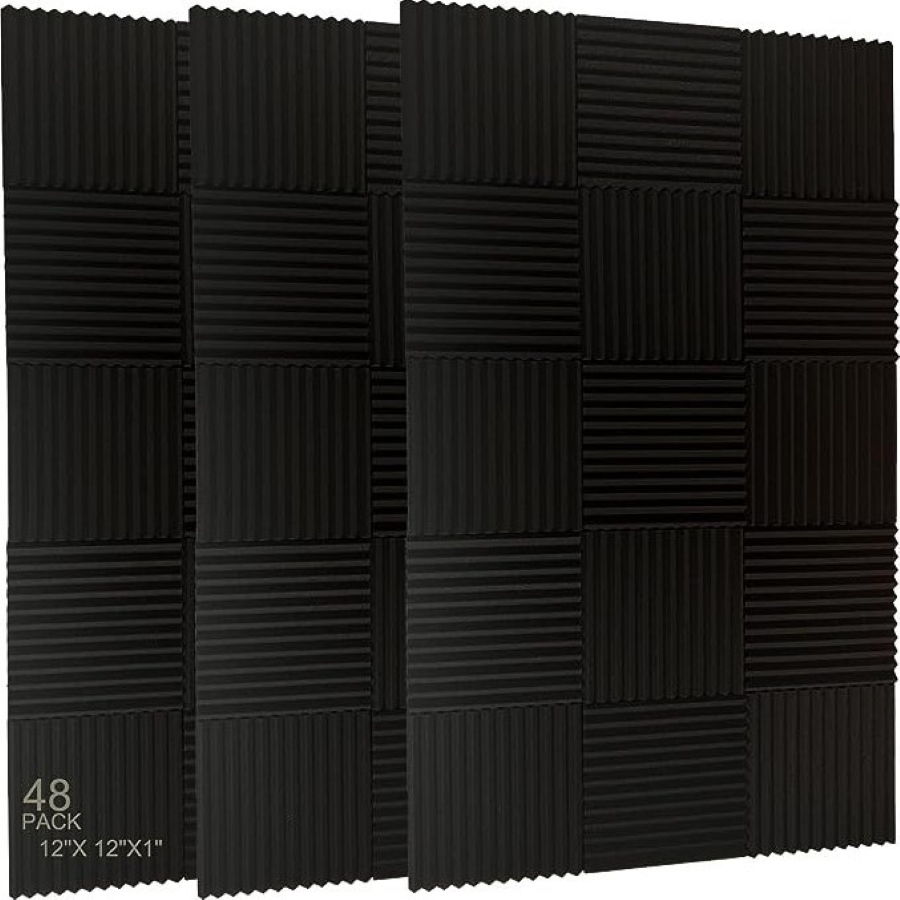5 steps to a soundproof bedroom for the most peaceful night's sleep possible
If you're a light sleeper, here are five ways to soundproof a bedroom for the ultimate sleep sanctuary

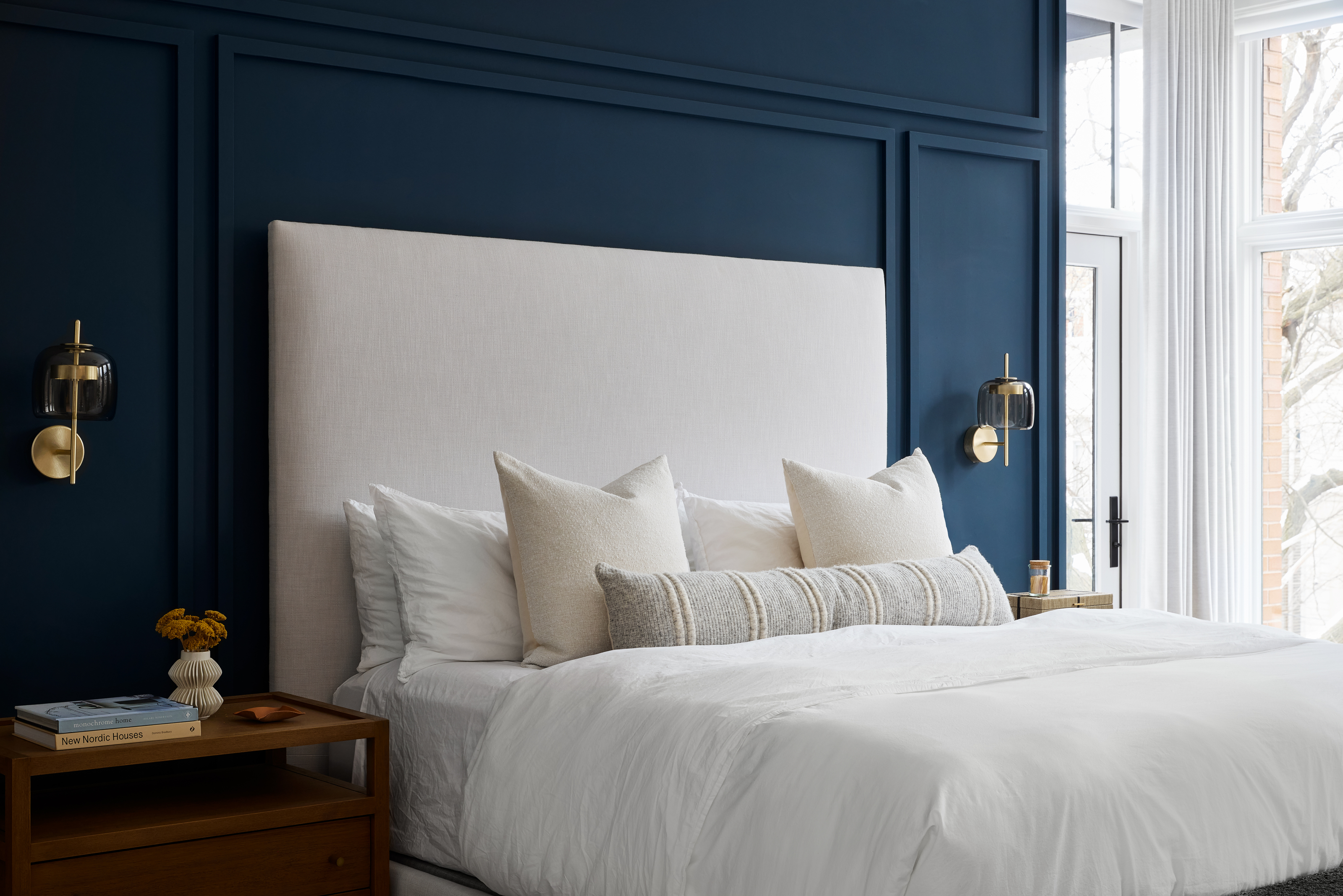
The Livingetc newsletters are your inside source for what’s shaping interiors now - and what’s next. Discover trend forecasts, smart style ideas, and curated shopping inspiration that brings design to life. Subscribe today and stay ahead of the curve.
You are now subscribed
Your newsletter sign-up was successful
Your bedroom is your haven, the space where you switch off and relax, but that can be difficult when outside noise is overwhelming. Traffic and noisy neighbors can't be controlled - and are a particular problem in bigger cities - however, this shouldn't mean you have to compromise on your sleep. The solution? Soundproofing your bedroom.
When designing a serene bedroom you probably considered lighting, color, and materials to maximize comfort, but the key to creating a seriously relaxing modern bedroom is quietude. Soundproofing could be the answer to making your bedroom the sanctuary you want it to be.
There are many techniques to creating a quiet space so we went to the experts to get their take. The good news is that soundproofing doesn't always require professional assistance - we've discovered five easy DIYs for tranquility. Say goodbye to sirens, traffic, and instinctive chatter with these simple hacks.
1. Use thick carpet
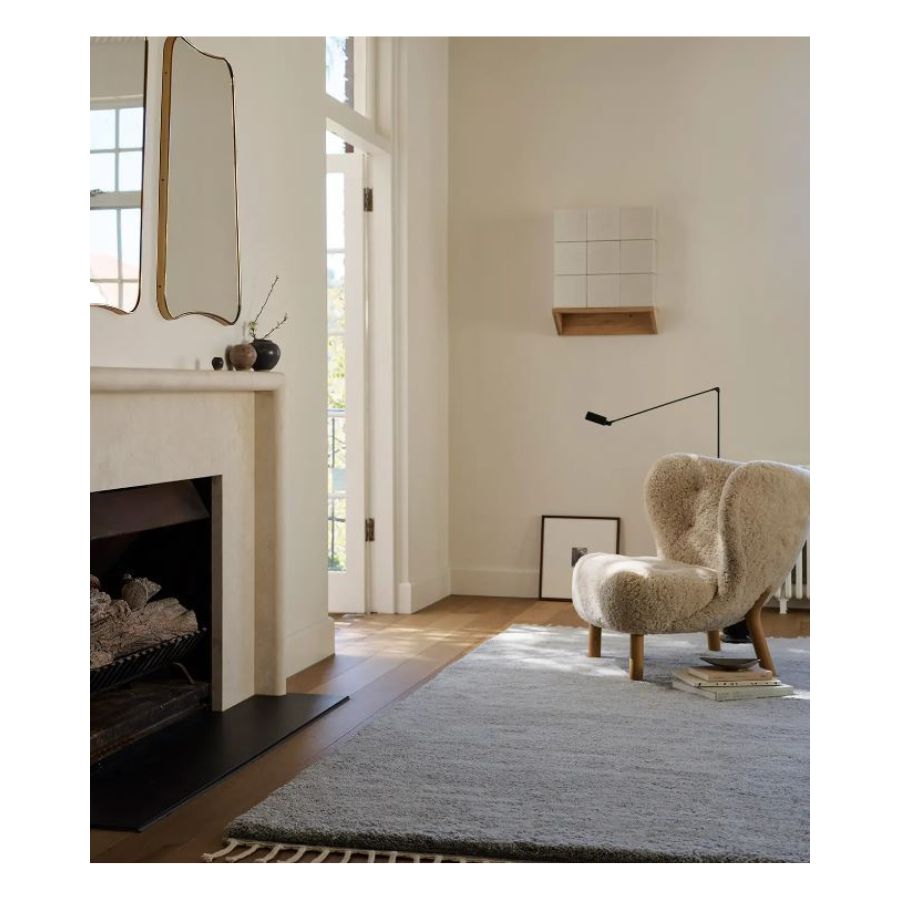
Sound can enter your bedroom from every direction, so it's important not to neglect any areas. Flooring is commonly overlooked when it comes to soundproofing a space, but it can have a huge impact.
'When looking to soundproof your bedroom keep in mind that sound can also go through your floor,' says soundproof expert from the Gadget Review, Christen Costa. Installing a thicker carpet would be helpful, however, it's not the most DIY-friendly option for a quick fix.
If you're looking to soundproof your bedroom relatively inexpensively, then add a bedroom rug and some soft floor furnishings. It might not be as effective as fitting a high-pile carpet, but it will still help to reduce noise. 'A rug will prevent some of the sounds from entering your room via the floor,' says home service expert Eugene Klimaszewski. 'It will absorb sound and reduce echo, making a noticeable difference in your room’s acoustics.'
2. Seal up cracks
Another way to quickly reduce noise from entering your bedroom is to seal up any cracks that might be the culprit. 'Even the smallest cracks can allow sounds to easily pass in and out of your room,' says Christen. 'Sealing up any cracks will be super helpful in moving towards a fully soundproofed room.'
The Livingetc newsletters are your inside source for what’s shaping interiors now - and what’s next. Discover trend forecasts, smart style ideas, and curated shopping inspiration that brings design to life. Subscribe today and stay ahead of the curve.
The main places to look are next to windows and doors, anywhere where hinges could be loose and letting in air. Equally, floorboards can also have gaps. Of course, sealing any draughty cracks will help insulate your room as well as soundproof your space.
3. Add heavy curtains
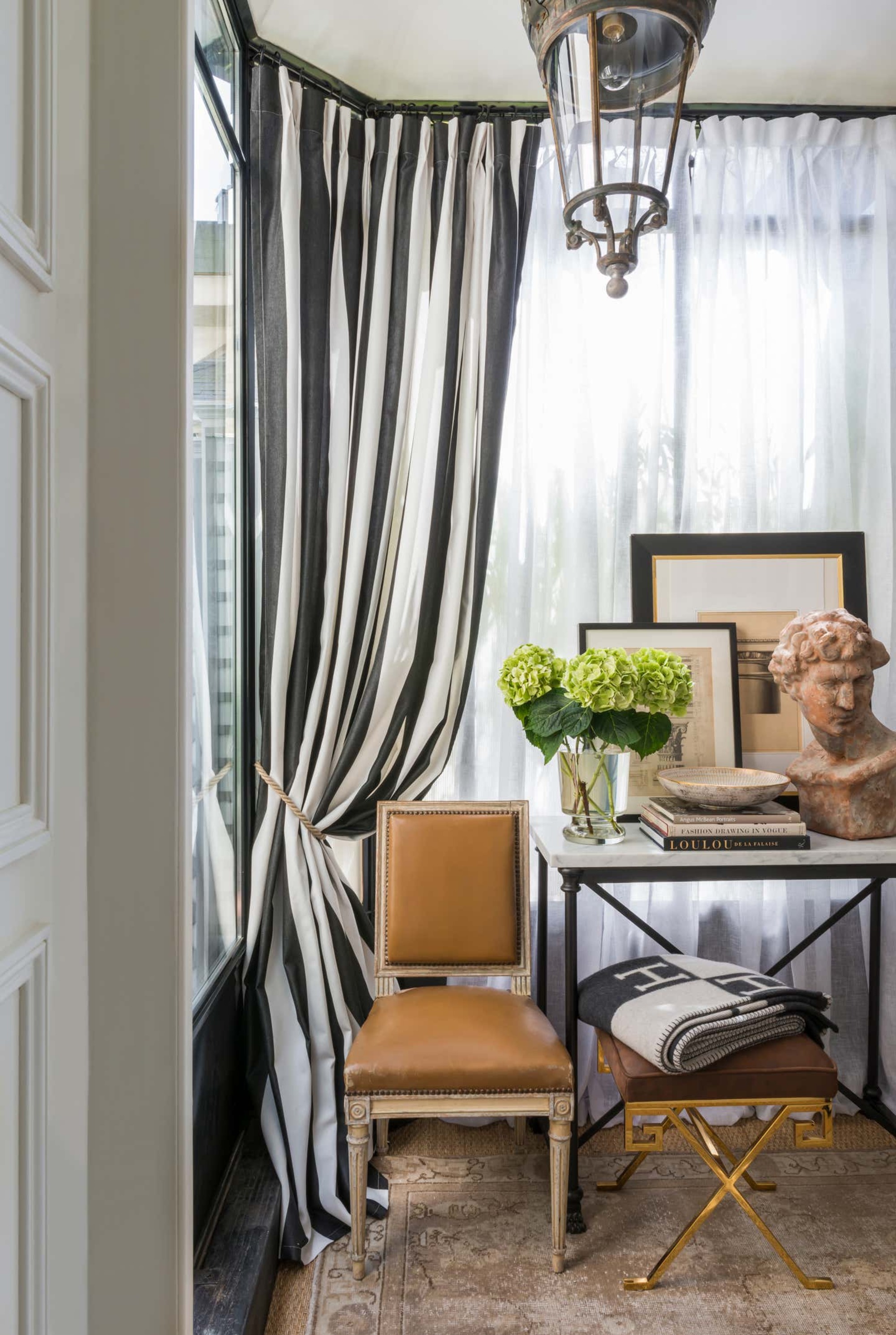
When it comes to reducing noise from the streets below your bedroom window, adding some heavy drapery could help. It's a good idea to double up your window treatments with curtains as well as blinds for added protection.
'Try using heavy curtains,' says Eugene. 'This will block a shocking amount of sound coming into your bedroom.' Soft furnishings absorb sound from within the room, but they can also block it from entering. Modern drapery can do wonders for the look of your bedroom, whilst helping to keep it blacked out, cozy, and quiet.
4. Install weather strips
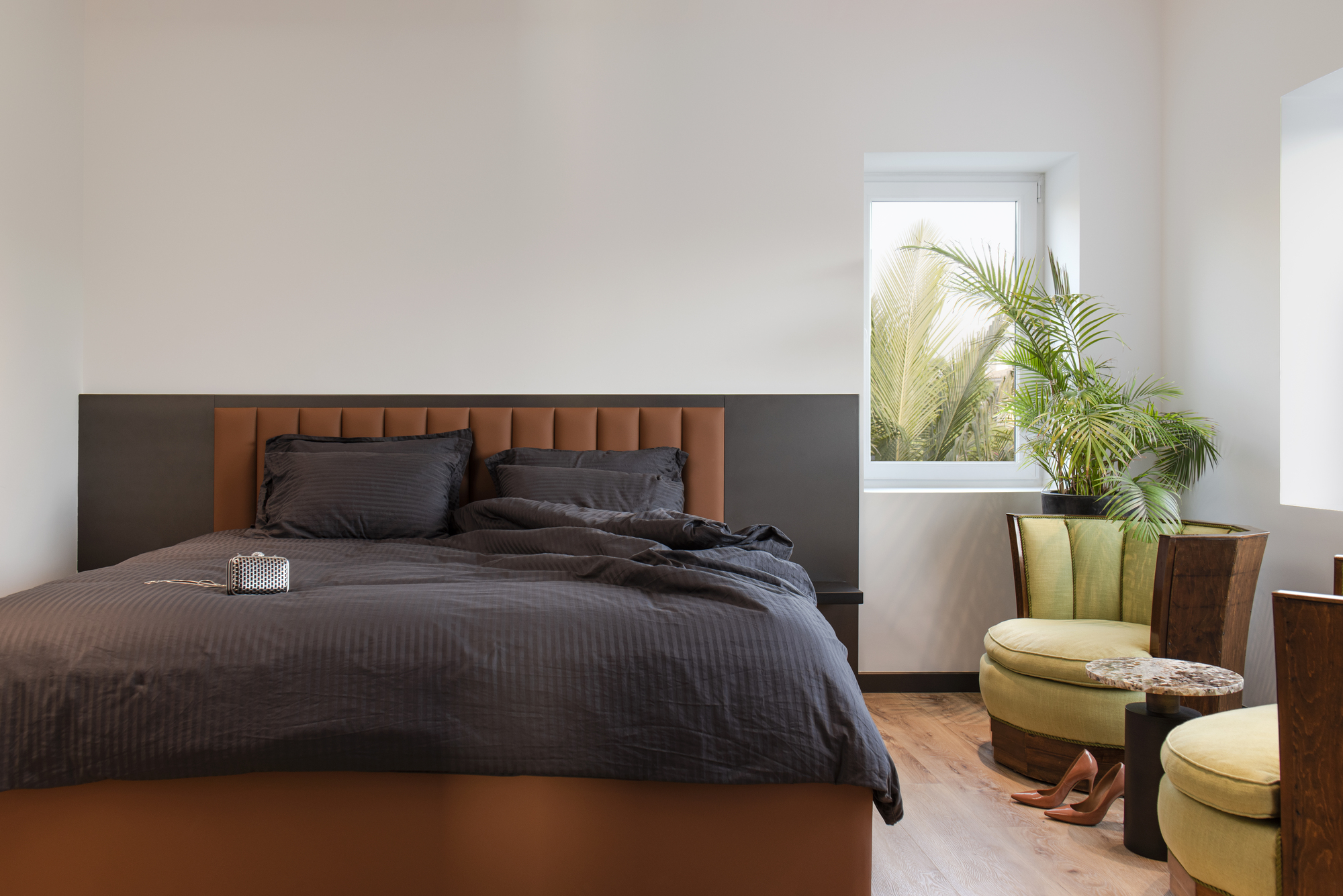
DIY soundproofing is all about marginal gains, which is why you must focus on the small changes to achieve the full effect and get one step closer to a serene bedroom. The tiny gaps in your window frame probably contribute to the noise pollution you're experiencing. Sealing it, along with the other gaps, will have a transformational effect on your space.
'Weather stripping is a simple and affordable solution that can significantly reduce noise coming in and out of your room,' advises Eugene. It's super easy to apply, and can also be used on doors, too. Alternatively, you can use a draught excluder which will help keep your bedroom warm and cozy.
5. Add acoustic panels
Lastly, acoustic panels can be applied to complete the soundproofing. This will be your best option if you're dealing with a lot of noise, but won't be necessary for all homes.
'Acoustic panels are designed to absorb sound waves and reduce echo in a room,' says architect Ladina Schöpf from LS Projects. These panels are designed to trap and dampen sound waves, making them an effective solution for minimizing echoes and improving the overall acoustics of the space. 'You can mount them on the walls or ceiling of your bedroom to improve soundproofing,' Ladina adds.
If you don't want to compromise your design aesthetic with acoustic foam panels, consider adding more soft furnishings to absorb the noise. This will have a similar effect without the eyesore of black foam. Placing your furniture strategically is one way to do this. For example, positioning bookcases or heavy closets along shared walls can act as sound barriers and help absorb sound waves, further minimizing the impact of sound transmission.
A cozy bedroom is all about curating a tranquil space free from disturbances. Use these tricks to create the serene sleep sanctuary you've always dreamed of and get the peaceful sleep you deserve!

Formerly a news writer for Livingetc, Amy completed an MA in Magazine Journalism at City, University of London, and has experience writing for Women’s lifestyle publications across arts, culture, and beauty. She has a particular love for the minimalist aesthetic mixed with mid-century furniture, especially combining unique vintage finds with more modern pieces. Her previous work in luxury jewellery has given her a keen eye for beautiful things and clever design, that plays into her love of interiors. As a result, Amy will often be heard justifying homeware purchases as 'an investment', wise words to live by.
